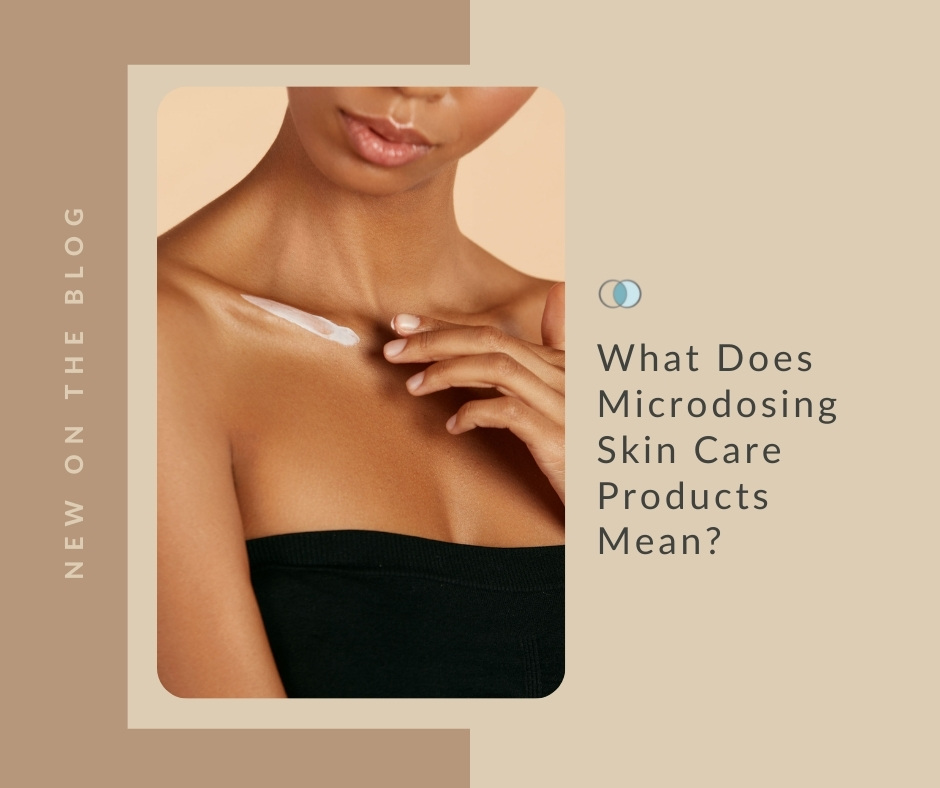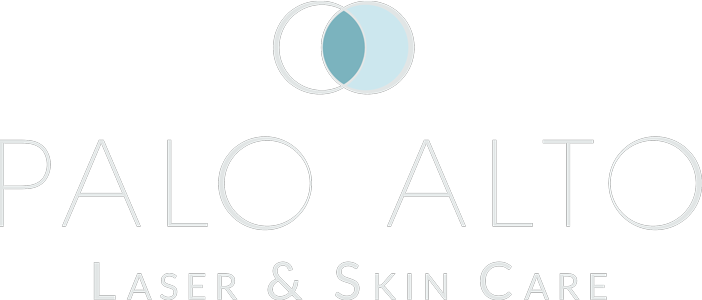
You’ve probably heard of microdosing, but not necessarily when it comes to skin care. Palo Alto Laser and Skin Care is your center for medical-grade skin care products and expert recommendations during zero-pressure consultations. There are countless skin care products available, and at the bare minimum, you should only be trusting your skin to medical-grade products. These products have years of research-backing, higher concentrations of the best-quality ingredients, and are only available from medical providers like Palo Alto Laser and Skin Care.
During your complimentary consultation, we will go over the ideal skin care routine for you, including when and how to apply the product. However, a few clients have been asking about the new trend of microdosing skin care products. In short, this is in many ways an approach that has been lauded by skin care experts for years. Microdosing on one level means keeping your regimen as simple as possible with minimal products. However, this doesn’t mean no combining of products is allowed—rather, small amounts are encouraged so that skin irritation is minimized.
Too Many Options with Skin Care
One of the many reasons clients are loving microdosing is because of its simplicity. With so many products available, it’s easy to get overwhelmed. First-timers to medical-care skin care products are often concerned that they don’t recognize the names and makers—science-backed products typically don’t advertise on streaming services or magazines. However, opting to exclusively use medical-grade products automatically reduces your options and that can be a great thing. Now, you’re selecting strictly from the highest-quality products rather than a barrage of skin care lines that might have great marketing (but might not be that great for your skin).
Overuse of products has steadily been on the rise in recent years, thanks in large part to so many recommendations and a surge of products. Social media has also played a role in this. In fact, there are even some clients experiencing skin concerns they never had before thanks to using so many new-to-them products.
What You Need to Know About Building Your Skin Care
Ingredients like retinol, AHAs, and BHAs continue to be recommended by aesthetic providers, and yet microdosing these ingredients is now suggested by many experts. The skin will exfoliate itself, which happens when new cells are pushed to the surface. Active ingredients like these can speed up the process, but when these acids are used too much or in too high a quantity, the skin’s natural process gets disturbed. This also leads to a risk of breaching the skin’s moisture barrier. The end result is redness, flaking, dryness, peeling, and sensitivity.
These side effects are short-term, but there are also chronic effects on the skin. For example, causing or worsening dermatitis, increased UV sensitivity, and skin dehydration are all a risk. When done correctly, microdosing doesn’t decrease the effectiveness of active ingredients, but instead uses a lower dose to ensure the results you want are achieved without dangerous side effects.
What to Expect with Microdosing
When you microdose with skin care products, especially with a product that’s new to you, you’re letting your skin get used to it slowly and steadily. A prime example is retinol, which is found in many medical-grade products. Retinol comes in many forms, and some are stronger than others. Skin sensitivity is a common side effect of retinol for many users, but microdosing allows skin to tolerate it better. Those with thin and/or fair skin can especially benefit from this.
If you want to learn more about microdosing, a complimentary consultation is the place to start. You’ll find many different approaches to it online, but none will be personalized to you, your skin, and your skin care regimen. However, a rule of thumb for everyone to follow is that more (whether in strength or quantity) does not necessarily equate to “better.” Medical-grade products are sold in smaller bottles than their OTC counterparts for a reason—they’re simply stronger, and that means you need less. Microdosing strategies are naturally built into medical-grade products, and we’re here to help you get started on a routine that works for you. Start your medical-grade microdosing journey today by contacting Palo Alto Laser and Skin Care now.
